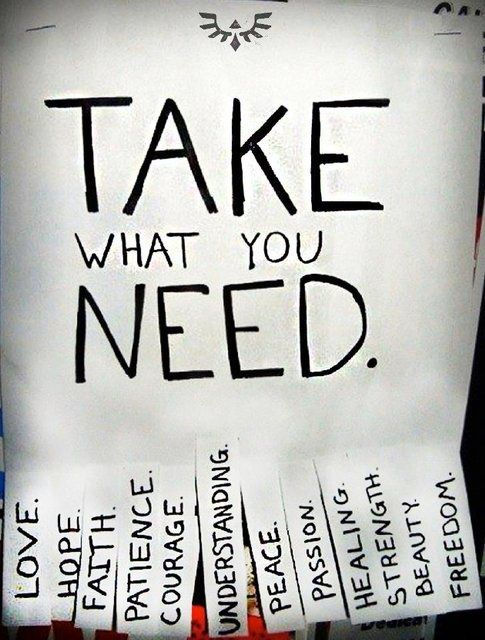Sharing is caring?
- eefjegrinsven

- 23 feb 2015
- 3 minuten om te lezen
When I saw the slideshow of the share economy I immediately began to think about how I treat other peoples stuff. When I use or loan something of somebody I am always super carefully with it. If I do break it, I would replace it. In the mid ‘60’s they had different kind of groups in the Netherlands and one of them were the PROVO’s. Actually they had an innovative idea of the sharing bicycle system. They placed white bikes in Amsterdam and you can take them when you need to go somewhere and when you were done with it somebody else would pick it up at the place you left it. While I am writing this I am looking at the news and they are talking on and on about the complication with Greece and how they are going to pay the loan back. One more example for me that the current economic models aren’t working. Every country is holding hands but they are to afraid to punish each other because they need each other. We people do it on a smaller scale, the collaborative consumption. This is not just a trend we help each other because the system is lost or not trusted. The internet plays a big role in this development the internet of everything. Myself, I also know some examples from the sharing economy. Neighbours who share one car, some people will cook for each other on the same day of every week, we all like to help each other. But just as our countries, are we just holding hands? And if somebody broke it, are you going to punish them? Or if its broke nobody did it? This is the dark side of the sharing economy. With this done, and because we are now talking at school about leisure and human movement, how does this effects tourism? When I went to London we slept at a place of somebody else because I booked an room at Airbnb. Airbnb is not the only one in this business: New websites have flowered like Japanese cherry blossom in spring. There is also, HomeAway, Campinmygarden and Couchsurfing for accommodation; RelayRides and Zipcar for car use; ParkatmyHouse for parking; EatWith, HomeFood and Meal Sharing for eating; and Vayable and CanaryHop for local activities. And there are many, many more.
· Fighting exploitation of children in tourism
· Combating all forms of trafficking in tourism
· Curbing poaching and illegal trade in wildlife
· Ensuring accessible travel for all
· Promoting fair models of all‑inclusive holidays
· Discouraging unfounded ratings on travel portals which may impact the reputation of companies and destinations.
The sharing economy falls into this last point. The development of a less formal market will be seen by many communities as a real opportunity. It may impact existing supply chains. It will challenge existing businesses to consider how they deliver a personal, more local approach in their customer service. Me as a lifestyle professional I am encouraging this change, if its done properly. We can let people meet who other ways never meet. We can taste the real culture and even change our lifestyles for better ways. Also we are so curious to see how other people deal with life, wich way is better than do it this way? By sharing. Because my stepfather always says: Sharing is the best thing in life.

Sources:
http://www.slideshare.net/mpsarros/sharing-economy-tourism
http://nl.wikipedia.org/wiki/Fietsdeelsysteem
https://www.airbnb.nl/
http://www.wcte2014.ca/







Comments